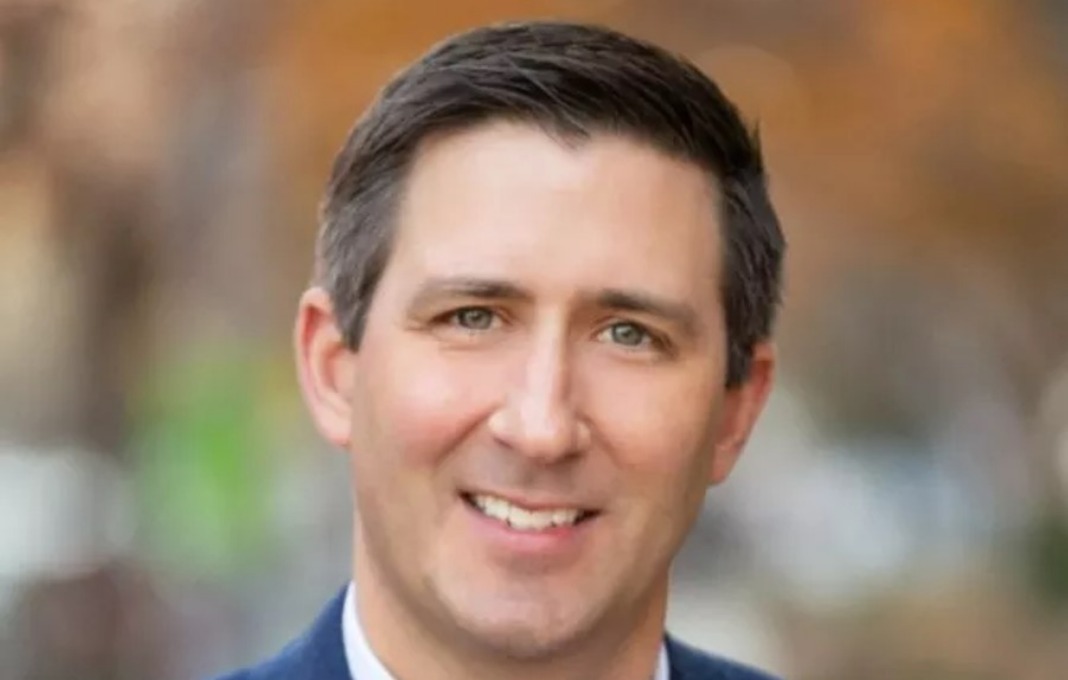It’s important to pay attention to talent after an acquisition, says Tom Hartenstein, CFO of LRN Corporation.
Hartenstein, who recently took the CFO post at ethics and compliance advisory LRN Corporation, has experience with the process. As CFO for EVERFI, a critical skills education technology company, he managed the sale of the business to Blackbaud, and the subsequent integration of the business.
He spoke with StrategicCFO360 about why CFOs need to consider “the impact on the lives of those involved,” why finance chiefs should be willing to part with legacy businesses and how small decisions can impact larger outcomes.
What advice would you give to CFOs who are navigating the integration of acquired businesses, particularly in the context of managing financial operations and ensuring compliance with regulatory requirements?
When working through the integration of acquired businesses, it is important to dedicate sufficient resources to the project as it always ends up taking more time and effort than anticipated on the front end. With those resources, develop strong project plans with regular cadences to review the status against the plan.
Finally, I would recommend paying close attention to the people aspect of the integration. It is easy to plan out the steps, but it’s just as important for a leader to consider the impact on the lives of those involved. Spending extra time explaining the rationale for decisions helps to at least try to reduce some of the human concerns for the teams impacted.
What are some key challenges you see in effectively integrating ethics and compliance initiatives into the financial strategies of organizations? How do you ensure alignment between financial goals and ethical practices at LRN, and what advice would you give to other CFOs facing similar challenges?
Pressure to achieve financial targets may challenge the effective integration of ethics and compliance into workflows, but ultimately it is critical to be driving a workplace culture of doing the right thing despite the pressure. Annual training courses can help finance professionals consider those pressures, which I believe will lead them to make the right decision when in the moment.
CFOs often face challenges in capital allocation and investment decision-making. Could you share an example of a strategic financial decision you made that had a significant impact on the company’s growth trajectory? What factors did you consider, and what lessons can other CFOs draw from this experience?
Although I’ve just recently started at LRN, in prior roles I would take a critical look at business lines or products that may no longer be as core to the mission as they once were. Being willing to part with those legacy business lines has been a process I’ve been a part of multiple times. The financial outcome is often measurable, but I’ve found the reduced distraction from those departed business lines often becomes a large part of the success.
CFOs are expected to be strategic partners to the CEO and the executive team. How do you collaborate with other leaders in the organization to align financial goals with overall business objectives and drive sustainable growth?
Here at LRN, we have developed a culture of utilizing metrics to drive decisions. As the CFO, aligning the metrics to financial outcomes is a key component of my team’s ability to partner with leaders and help the business succeed.
What specific strategies or best practices do you recommend for CFOs to effectively manage financial risks, optimize financial performance and foster a culture of financial discipline within their organizations?
I find it is always optimal to share the big picture and help individuals within the organization understand how small decisions—the ones that may seem inconsequential in the moment—roll up into larger outcomes. Most everyone benefits from an understanding of the big picture and the interconnectedness of activities across the organization and the summary of inputs and outcomes.
They also benefit when they understand risk and have a good grasp on how to make the right decisions. As leaders, we must be flexible and adaptable, but also actively use a rigorous planning process and then hold ourselves accountable to it. This is critical for success.








